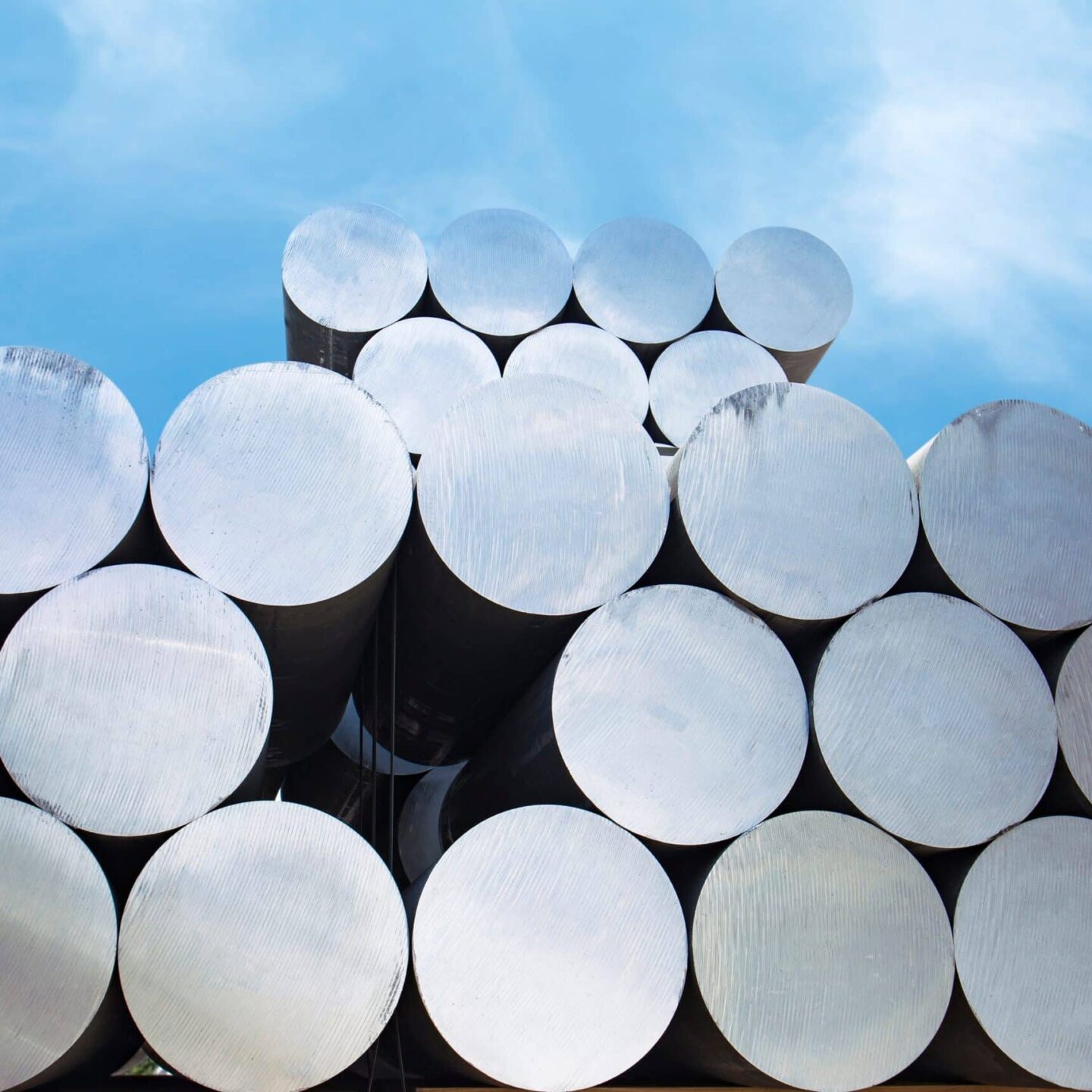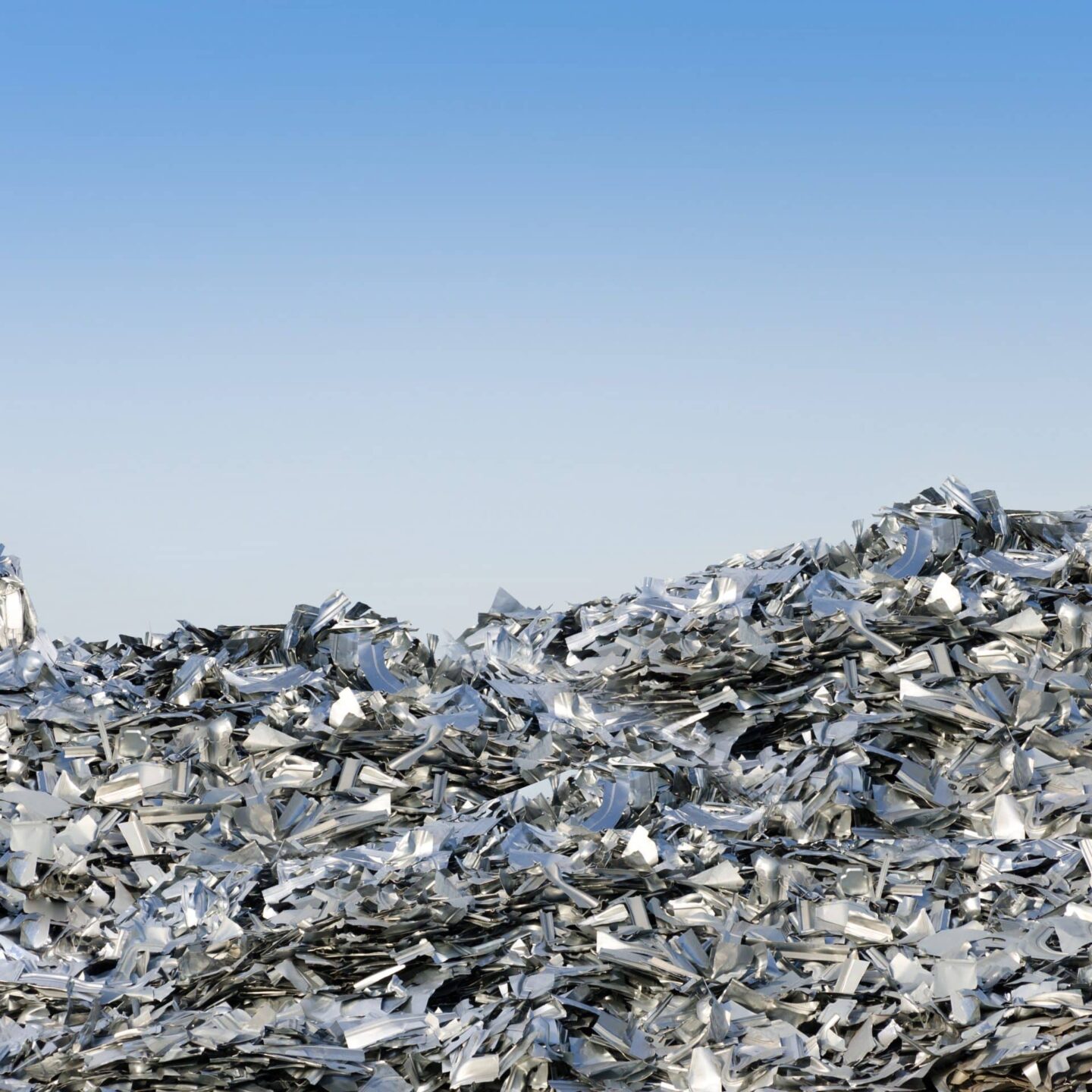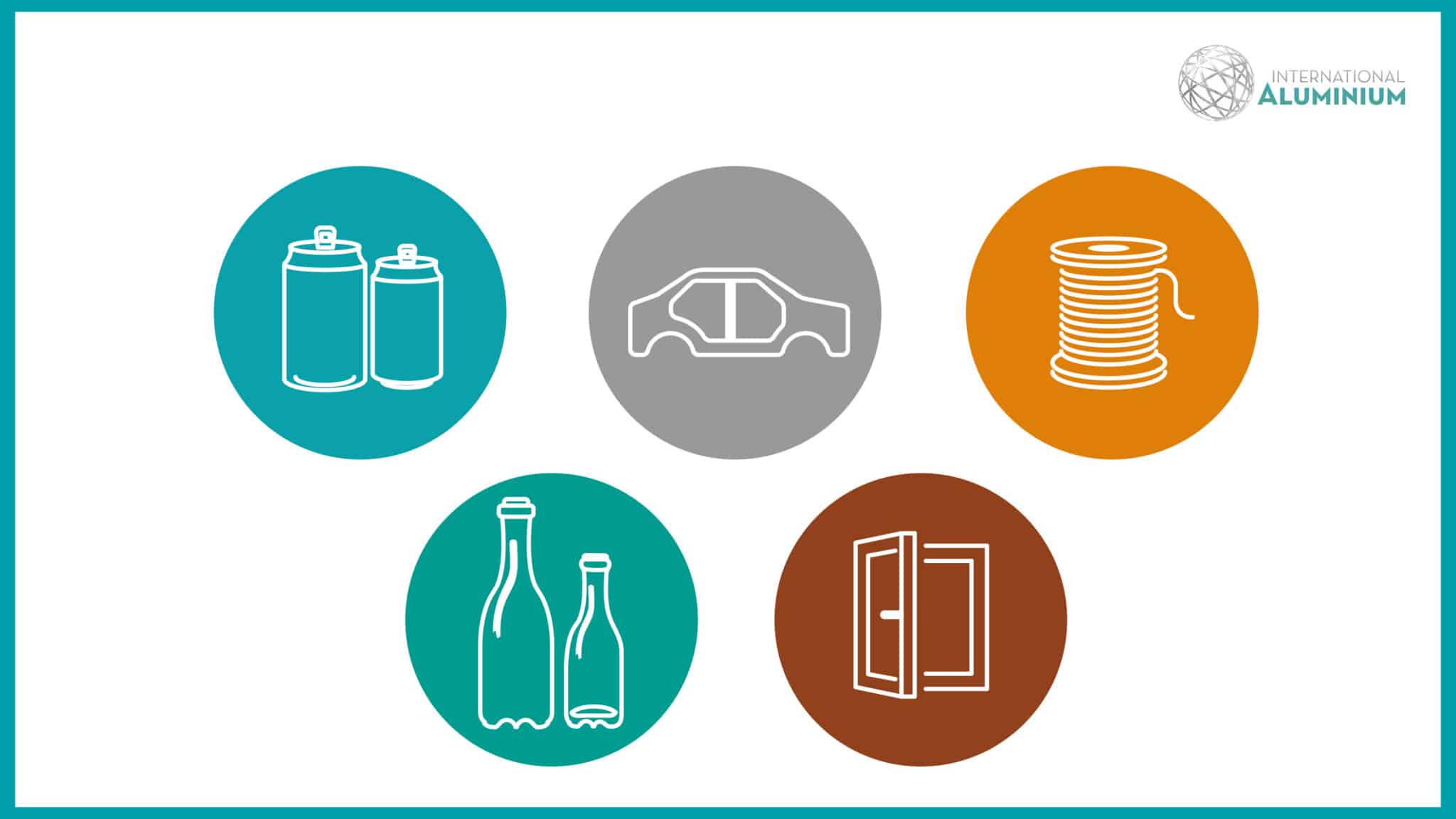A new study by Eunomia, commissioned by the International Aluminium Institute (IAI), has highlighted aluminium’s crucial role in industrial decarbonisation, comparing its emissions reduction pathways to steel, copper, container glass and PVC.
The findings emphasise that combining renewable electricity and recycling will be the primary driver of emissions reductions for aluminium. For copper, it will be renewable electricity, while steel and container glass require technological shifts and PVC’s decarbonisation route requires recycling as one of the main drivers
The study, Decarbonisation Pathways in Aluminium Vs. Competing Materials, analyses process emissions and energy consumption across material value chains, providing a comparative perspective on their respective net zero trajectories. It underscores the urgent need for investments in green electricity, anode replacements, and recycling infrastructure to maximise aluminium’s decarbonisation potential.
Among the key findings:
- Aluminium and copper are the most reliant on electricity decarbonisation, with 65% and 60% of their emissions from electricity use in 2020.
- Steel decarbonisation requires full adoption of Direct Reduction Iron (DRI) processes, coupled with Electric Arc Furnace (EAF) technology.
The PVC recycling pathway will achieve a 27% reduction, a challenging and less-established method for the sector. In contrast, aluminum, copper, and steel recycling are already widespread.
The study also highlights the stark differences in regional decarbonisation challenges and opportunities. For example, North America faces infrastructure gaps in post-consumer recycling, while China’s continued reliance on coal poses challenges to decarbonising aluminium and steel, despite its ongoing efforts to transition towards cleaner energy sources. Meanwhile, Latin America’s high copper mining emissions create a major opportunity for global impact through cleaner extraction processes.
Aluminium emerges as one of the most promising materials for net zero pathways due to its mature recycling processes and established low-carbon technologies. However, achieving full decarbonisation will require:
- scaling of renewable electricity sources, particularly in coal-reliant regions
- investments in anode replacement technologies to further reduce process emissions
- expansion of global recycling infrastructure, capitalising on aluminium’s strong economic value in circular economies.
Marlen Bertram IAI’s Director of Forecasts and Scenarios, notes: “This study reinforces aluminium’s potential as a leading material in the low-carbon transition. By addressing electricity decarbonisation, collection and sorting of scrap and investing in new technologies, aluminium can set a benchmark for industrial sustainability.”
“Material decarbonisation is crucial. IAI’s global data reveals a decrease in primary aluminium emissions, from 16.8 tonnes per tonne of primary aluminium in 2019 to 14.8 tonnes in 2023. Although it did not meet the 1.5°C benchmark of the 14.0 tonnes for 2023, the 12% reduction demonstrates promising progress.”
“As industries work towards net zero, it’s evident that aluminium has a significant head start due to its strong recycling infrastructure and existing technological solutions. Scaling these efforts globally is the next crucial step,” Ms Bertram adds.
About the International Aluminium Institute
The International Aluminium Institute (IAI) is the only body representing the global primary aluminium industry. The Institute has the most comprehensive global data on Aluminium with more than 50 years of analysis on production, consumption, energy use and environmental impact. For more information, visit www.international-aluminium.org, or connect with us on X and LinkedIn.
About Eunomia
Eunomia is a leading global environmental and sustainability consultancy. We’re a team of social-environmental problem-solvers and researchers – with a difference. Combining real world consulting experience and deep knowledge with an active role in policy, empowers us to provide pragmatic, science-led solutions that reduce human impact on the planet. We are a certified B-Corp business with 150+ employees across 5 offices, spanning three continents. For more information, visit www.eunomia.eco






